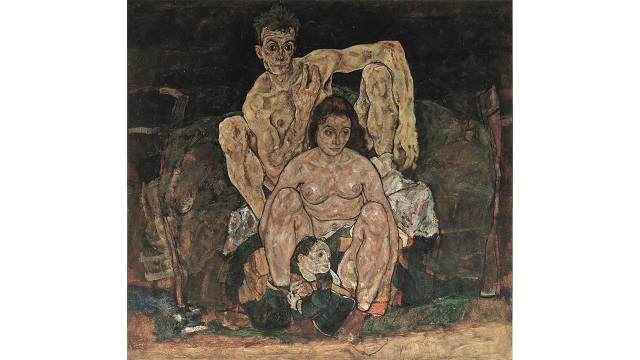Asking Your Physician Friends For Medical Advice Can Cross an Ethical Line

As The Atlantic’s Bouree Lam writes, visiting the doctor’s office for a less-than-serious problem is an incredibly unappealing prospect. Beyond long wait times and exposure to legitimately sick people, it can also be quite expensive if you’re uninsured or have a high co-pay. For many people, services like WebMD save them the hassle. For others who have friends or family in the medical profession, a quick call or text substitutes a web search. Yet, while most doctors are okay with simply letting you know that you probably don’t have chicken pox, doling out more in-depth medical advice leads down a rather slipper slope:
“The problem is that asking for medical advice isn’t exactly like asking your astrophysicist friend to explain string theory to you. Doctors face ethical dilemmas when they are asked to treat, or further write prescriptions, for their friends or family.”
As Lam notes, the American Medical Association recommends that doctors do not treat family and friends when it’s not an emergency. This is a stance held by many in the profession. Despite this, surveys of doctors consistently reveal that most of them have treated or prescribed medicine to someone close to them. Sometimes this is because the doctor feels qualified or that the situation was without risk. Other times, it’s because they gave into pressure:
“This is the topic of a recent New England Journal of Medicine essay by a group of doctors looking at the challenges M.D.s face when asked to discuss illness, refill a prescription, or even perform surgery for a friend or family member. The essay says that there are complicated ethical issues involvedin treating friends and family, as anxiety and emotional investment can result in bad medical judgment. Additionally, a friend or family member is less likely to sue for malpractice, which could meddle with how doctors think about risk.”
Lam mentions that doctors aren’t necessarily alone in having their special talents in demand among their personal circles. Friends and family are always asking for legal advice from lawyers, free headshots from photographers, and pro bono proofreading from editors, to name only a few examples. What separates medical professionals from the rest is the life-and-death balance they play with, as well as issues of liability and risk.
Take a look at Lam’s article (linked again below) and let us know what your experiences are with this topic.
Read more at The Atlantic
Photo credit: Ljupco Smokovski / Shutterstock





